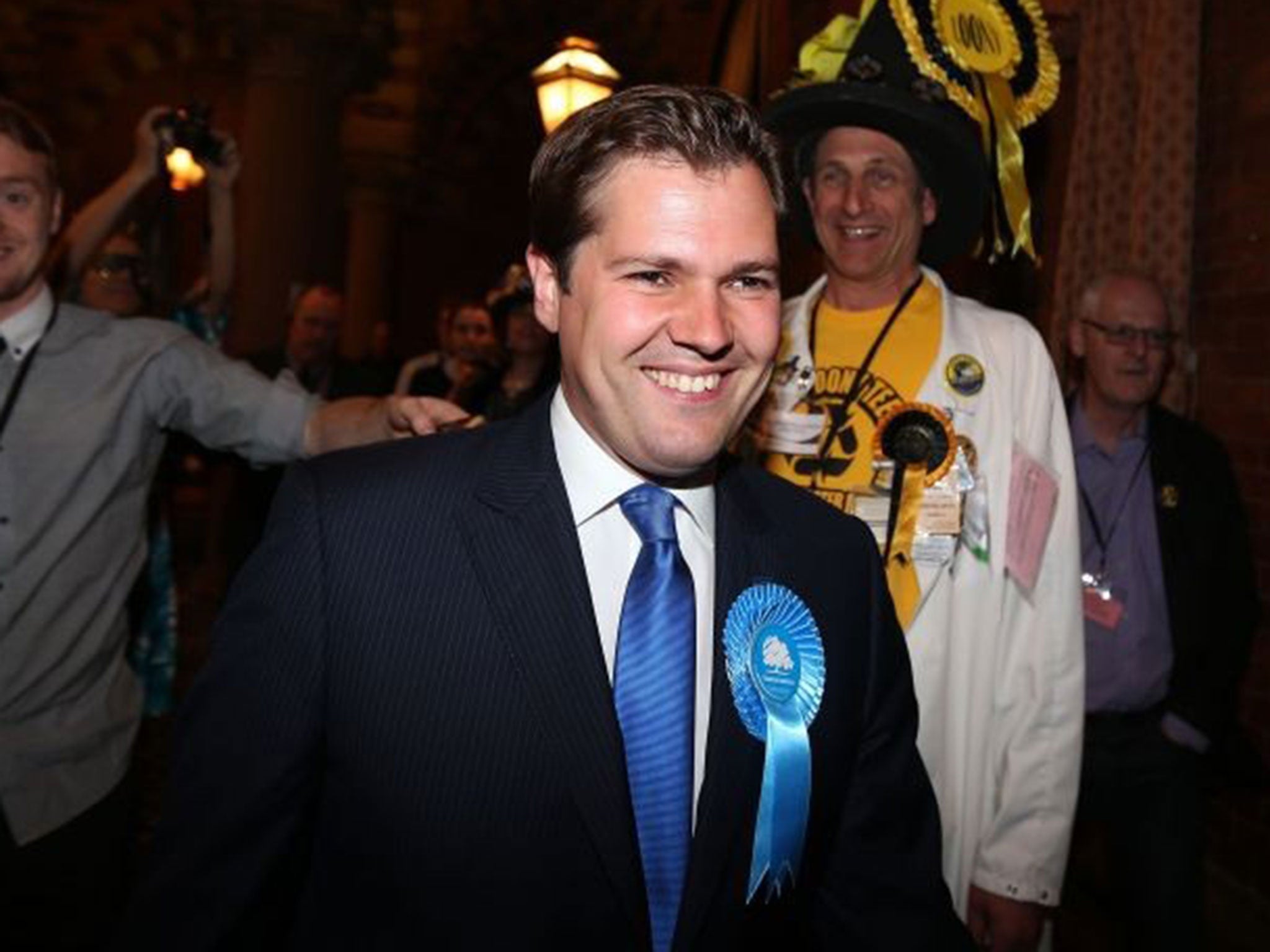Inside Westminster: After the Newark by-election
Westminster: Tories may rue opposing voting reforms


It wasn’t the earthquake Nigel Farage had wanted. But the three mainstream parties would be foolish to ignore the tremors from Thursday’s Newark by-election.
The Conservatives saw their majority more than halved but breathed a huge sigh of relief as they beat off Ukip’s challenge. The result was a reality check for Ukip after its stunning victory in last month’s Euro elections, a painful reminder that it will be much harder for it to win Westminster seats because of the first-past-the-post system. The anti-EU party’s support will fall when the election is not perceived to be about Europe. Although it retained more than 80 per cent of its Euro election vote in Newark, that will probably drop further next year when people know they are choosing a government rather than having a free protest vote.
Losing Newark was a disaster David Cameron could not afford and his party showed it can still be a formidable fighting machine. However, the Tories will not be able to dispatch footsoldiers in such huge numbers to the 40 marginal seats they need to hold and the 40 they seek to capture next May.
Ukip’s 27 per cent of the vote in the Euro elections may well prove to be its high water mark. I doubt the party will win more than a few seats at the general election. But Ukip will still cause mayhem for the other parties and they are revising their strategies accordingly. Tory and Labour officials have believed for a while that Ukip might need only around 7 per cent of the vote to deny Mr Cameron victory, by taking Tory votes in key marginals in the North and Midlands and handing them to Labour. In last month’s Euro and local elections, for every three votes that Ukip took from the Conservatives, it took one from Labour and one from the Lib Dems.
Yet that balance could change at the general election. Mr Farage, having picked the low-hanging Tory fruit, is now targeting working class voters, whose natural home should be Labour. Hence his pledge that no one on the minimum wage should pay income tax (an idea stolen from the Lib Dems).
Mr Miliband’s party has been slow to acknowledge the Ukip threat. It assumed that a split on the right would help it to victory next year, just as a divided left-of-centre vote after the SDP’s birth helped Margaret Thatcher retain power in 1983 and 1987.
Labour ignored academic research showing that Ukip’s support was the most working class of the four parties. When the senior Labour MPs Peter Hain and John Healey raised concerns in this newspaper, they were told to pipe down. Some Labour candidates in southern England also raised the alarm. They were ignored but proved right: last month’s results suggest that Ukip could help Tories win some seats by eating into the Labour vote.
This is dangerous for Labour because its strategy is based on harvesting the anti-Tory vote, the 29 per cent core vote which stuck with Labour in 2010 and keeping the Lib Dem 2010 voters who switched to Labour when Nick Clegg took his party into the Coalition. This could get Labour to 35 or 36 per cent, enough to put Mr Miliband into Downing Street. But if Ukip snatches some of Labour’s core vote, Mr Miliband will have a problem.
However, the Ukip effect will still harm the Tories more than Labour. Mr Cameron has much work to do to win back defectors, and the opinion polls still point to a Labour majority.
If the Tories lose power next year, they may regret twice rejecting Lib Dem plans for constitutional reform. When they scuppered Mr Clegg’s plans for a mainly elected House of Lords, he blocked changes to constituency boundaries that would have given the Tories about 20 seats – gold dust in what will be a very tight election.
In a 2011 referendum on the voting system, the Tories defeated the alternative vote (AV), in which people can rank candidates in order of merit, with the bottom one dropping out until one has more than 50 per cent of the votes cast.
Many of those voting Ukip next year would name the Conservatives as their second choice, not least because they will not want Mr Miliband to become prime minister. So the introduction of AV might just have made the difference between Tory victory and defeat. The Tories may yet rue the day they launched a nasty, tribal campaign against Mr Clegg and his plan for electoral reform.

Join our commenting forum
Join thought-provoking conversations, follow other Independent readers and see their replies